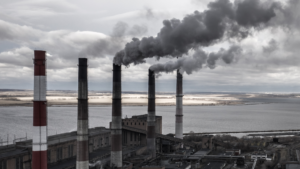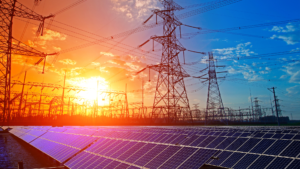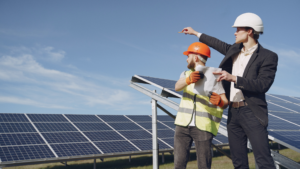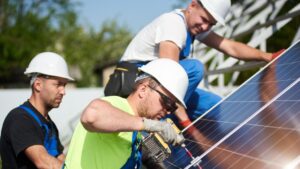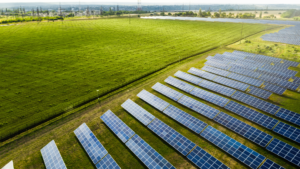
In the era of sustainable living, solar panels have emerged as a frontrunner in clean energy solutions. With its favorable climatic conditions, West Jordan has seen a significant rise in solar panel installations. But, before making the switch, many homeowners and businesses are often faced with one critical question: “What’s the cost?” In this blog, we dive deep into the financial facets of solar panel installation in West Jordan, offering a comprehensive breakdown to help you make an informed decision.
Factors Affecting the Cost of Solar Panel Installation
The cost of setting up a solar panel system in West Jordan depends on the total energy requirements of the household or business. Smaller residential setups require 3-8 kW panels, while larger businesses may require systems exceeding 25 kW or more.
Type of Solar Panels
- Monocrystalline Panels: Although they are more efficient and have a sleeker look, they come with a higher price tag.
- Polycrystalline Panels: A more affordable option, but with slightly reduced efficiency.
- Thin-Film Solar Panels: These are cost-effective and versatile but might require more space due to their lower efficiency.
Skilled professionals set up energy storage systems in West Jordan, ensuring optimal performance. Costs vary based on complexity and company reputation. Additional equipment, such as inverters and solar batteries, may be required. City regulations also apply, and obtaining permits and inspections can increase costs.
Financial Incentives and Rebates
A silver lining to the initial investment in solar panels is the array of financial incentives available:
- Federal Solar Tax Credit: As of our last update, homeowners could deduct a percentage of the cost of the solar system from their federal taxes.
- State Incentives: West Jordan residents might also benefit from state-specific solar incentives or rebates, which can significantly reduce the net cost.
- Net Metering: This allows homeowners to sell surplus energy to the grid, potentially earning credits on utility bills.
Long-Term Savings
Solar panels offer long-term financial benefits, including reduced utility bills, increased property value, and protection against rising energy costs. They can significantly reduce or eliminate monthly electricity bills, often increasing market prices. Additionally, producing your energy insulates against potential future electricity rate hikes.
Financing Options
For those wary of the initial expenditure, various financing options can ease the burden:
- Solar Loans: Are akin to home improvement loans and can be secured or unsecured.
- Solar Leases: You can lease the solar equipment, paying a fixed monthly fee. The leasing company often handles maintenance and repairs.
- Power Purchase Agreements (PPAs): You pay based on solar panels’ electricity like a lease.
Cost Over Lifetime
Solar panels have low maintenance costs, requiring occasional cleaning and professional inspections. They come with 20 to 25 years of warranties but often last longer. However, their efficiency may decrease slightly over time, usually by a small percentage yearly. Therefore, considering the entire lifespan of the solar system is crucial.
Conclusion
Solar panel installation in West Jordan is not just an eco-friendly move but also a financially savvy one. The initial costs paint a promising picture when viewed in conjunction with long-term savings, tax credits, and potential earnings from surplus energy. To provide a panoramic view of the costs associated with solar panels, both immediate and over time. As the sun continues to shine over West Jordan, it’s an opportune moment to harness its energy, making a choice that benefits your wallet and the planet.

